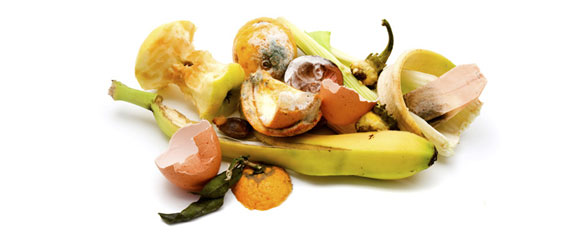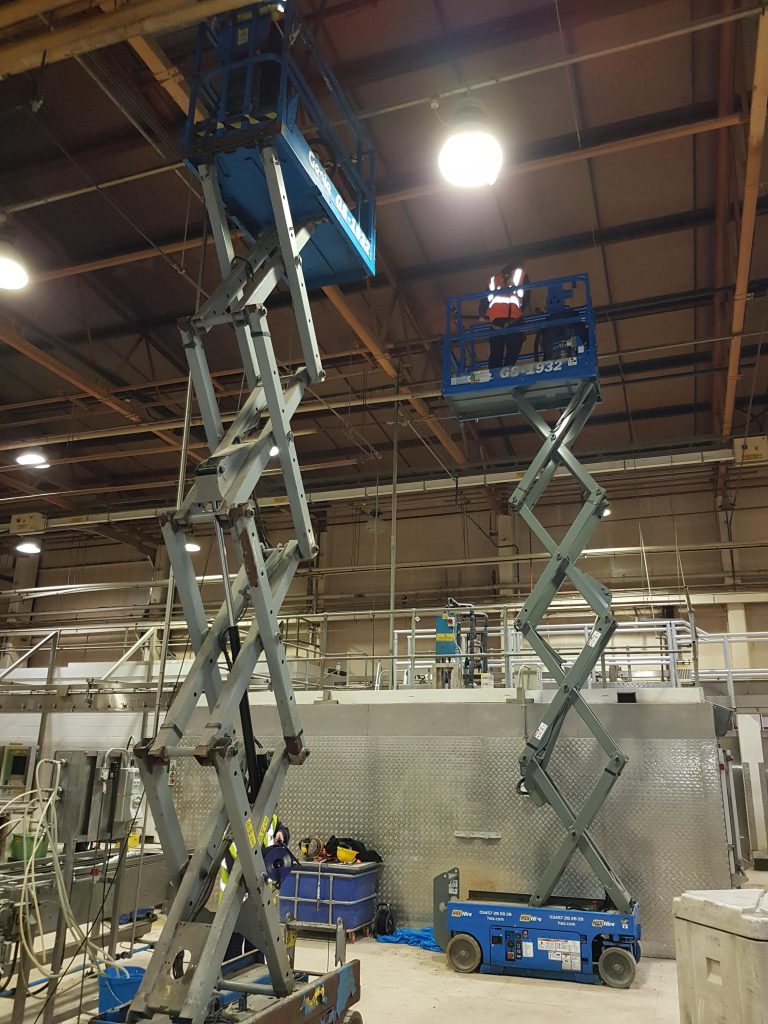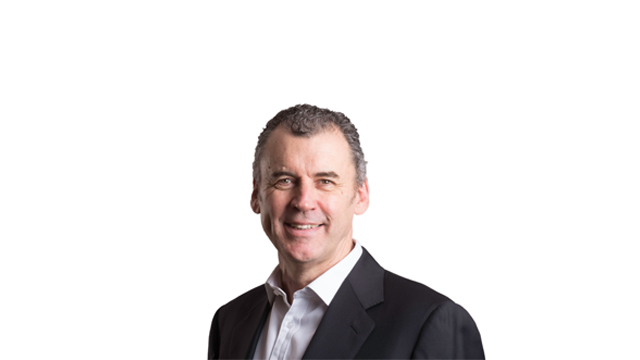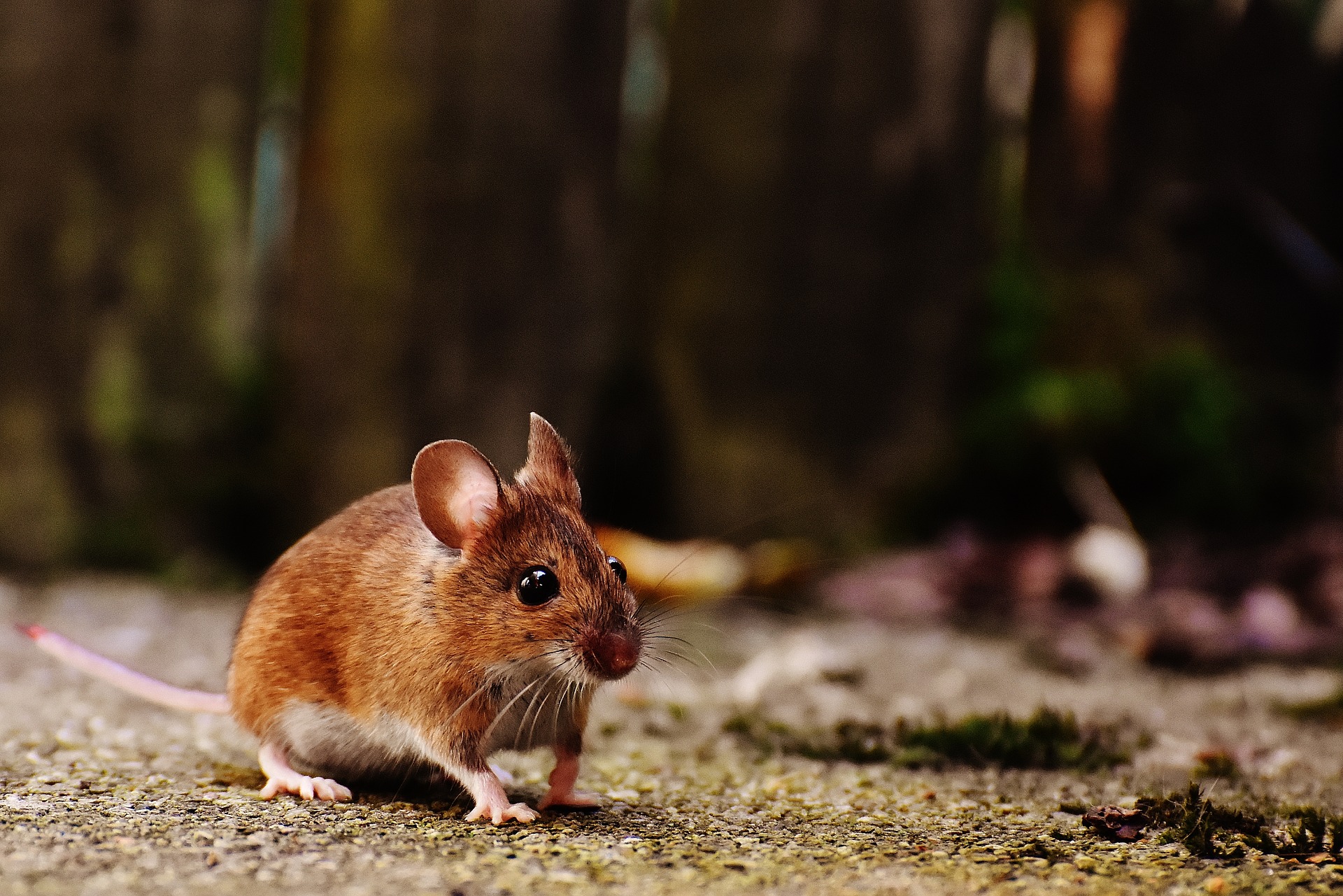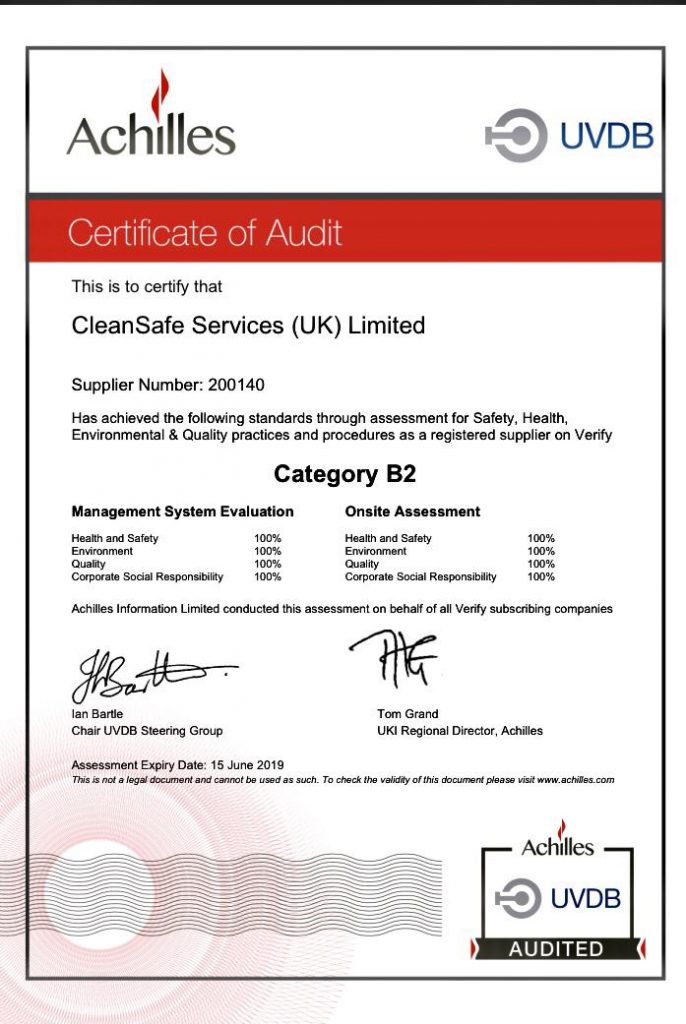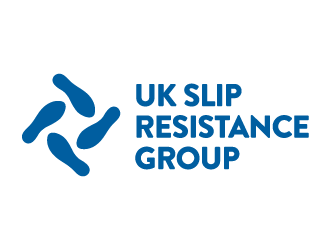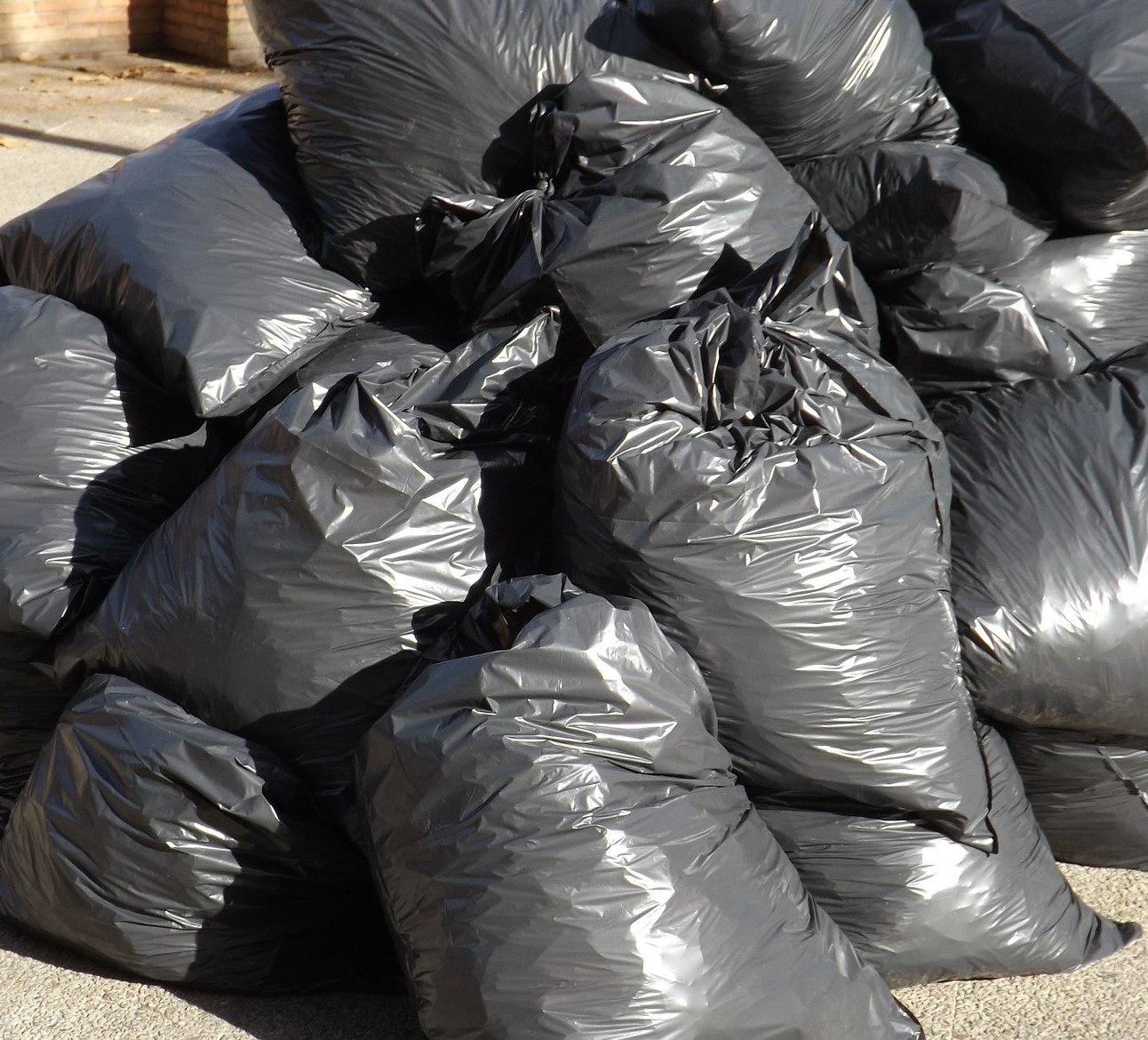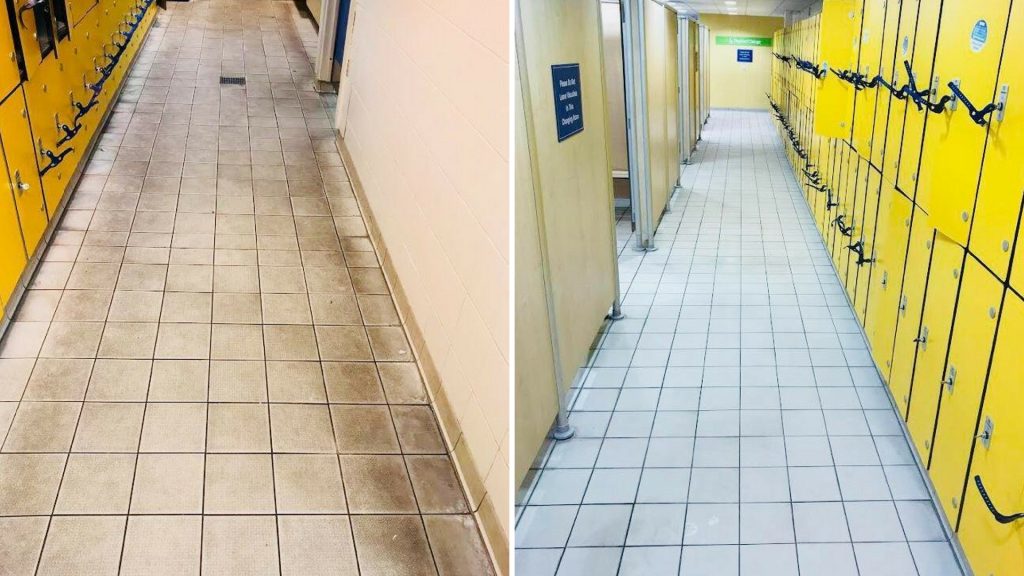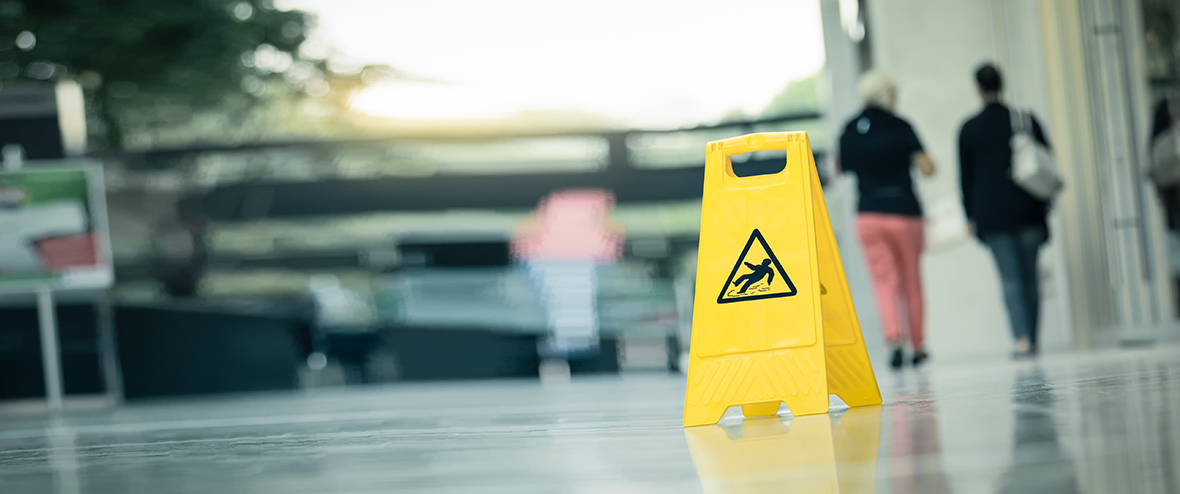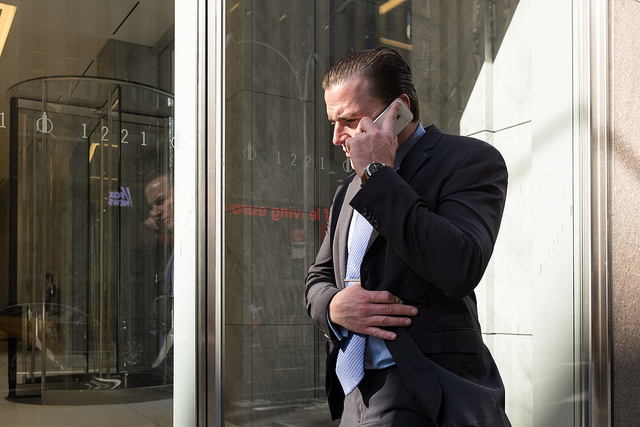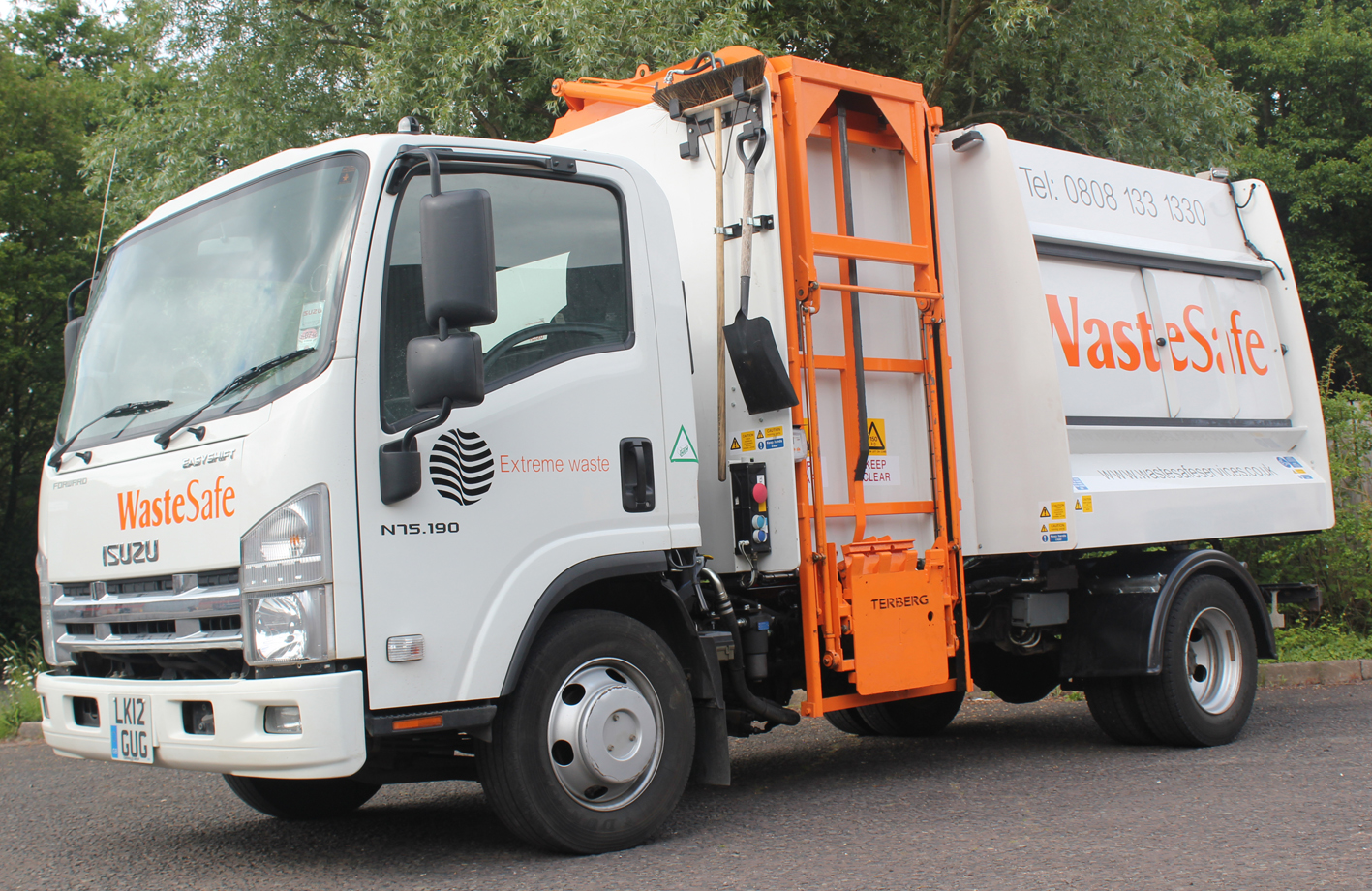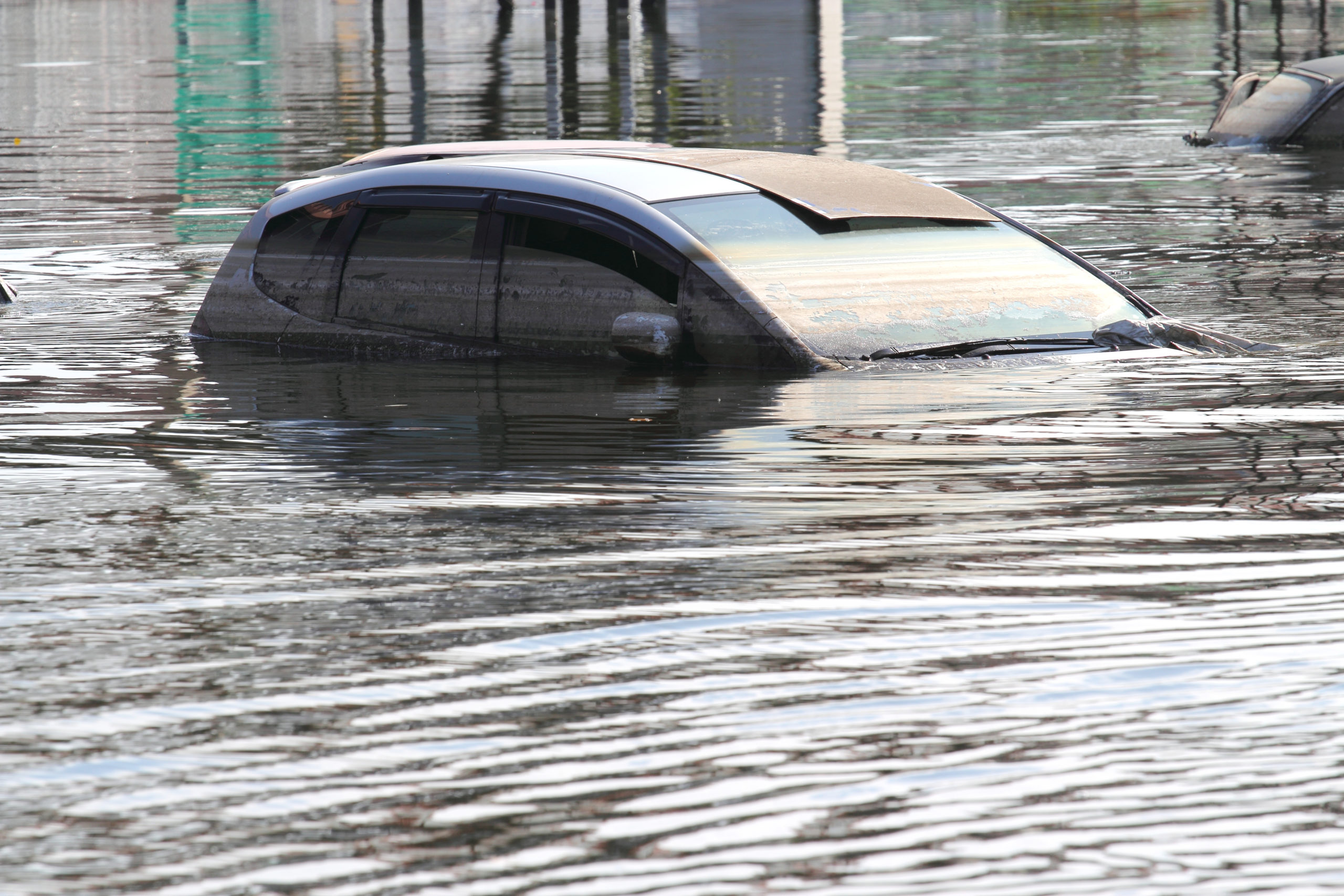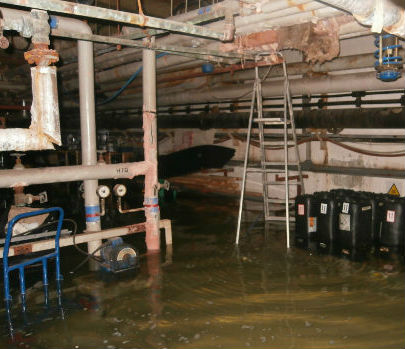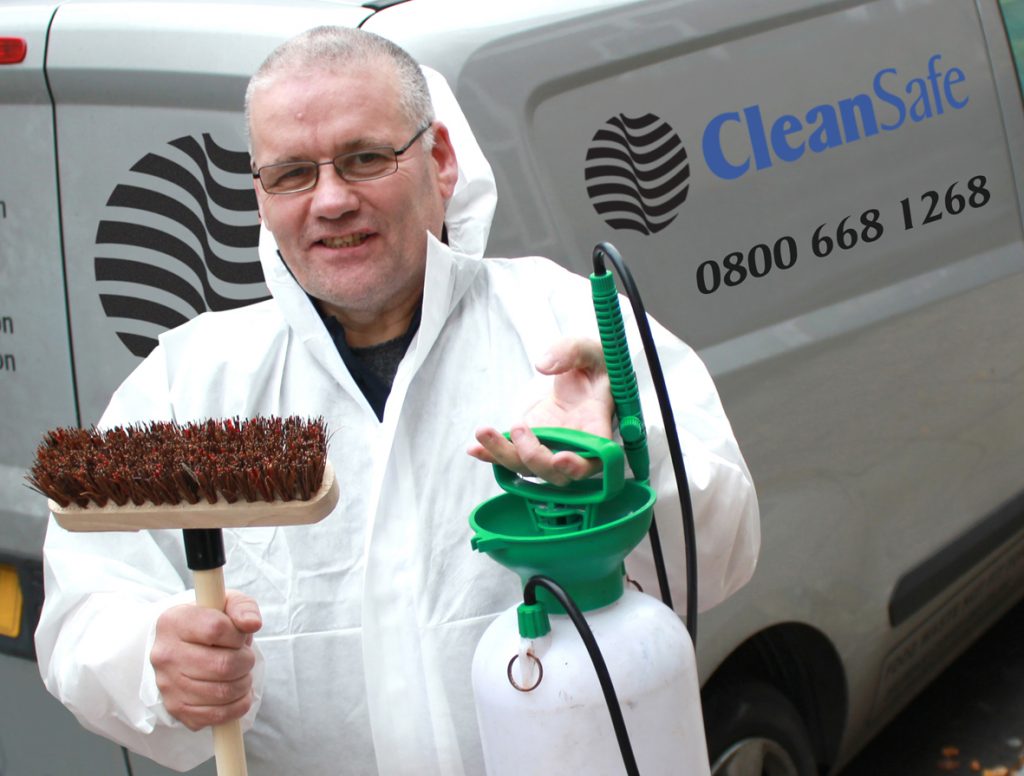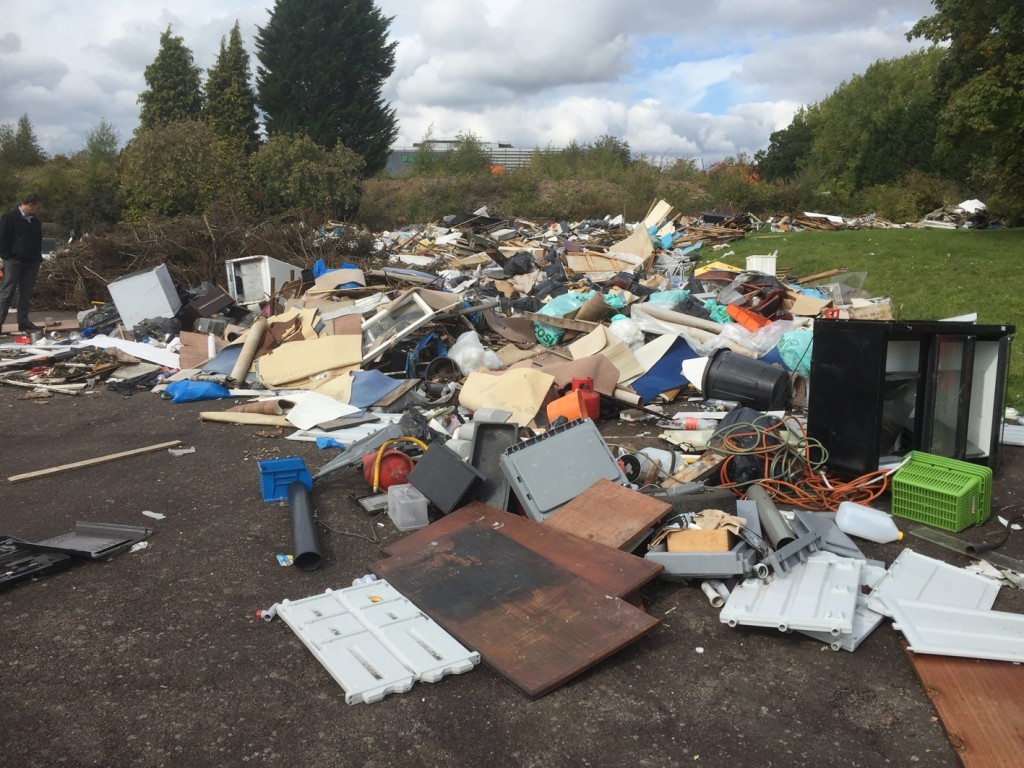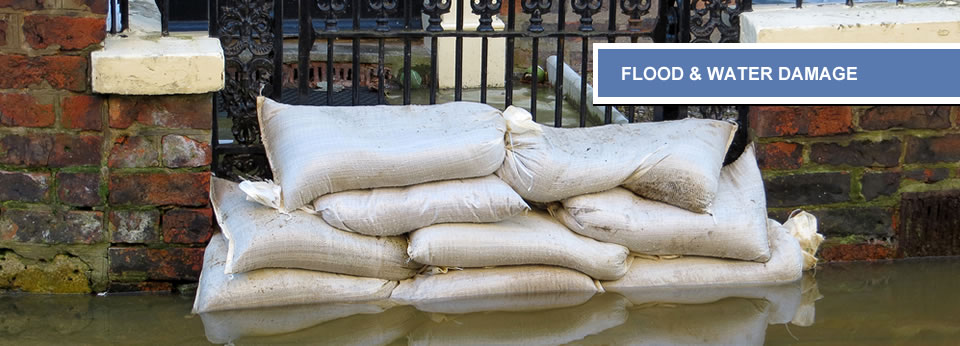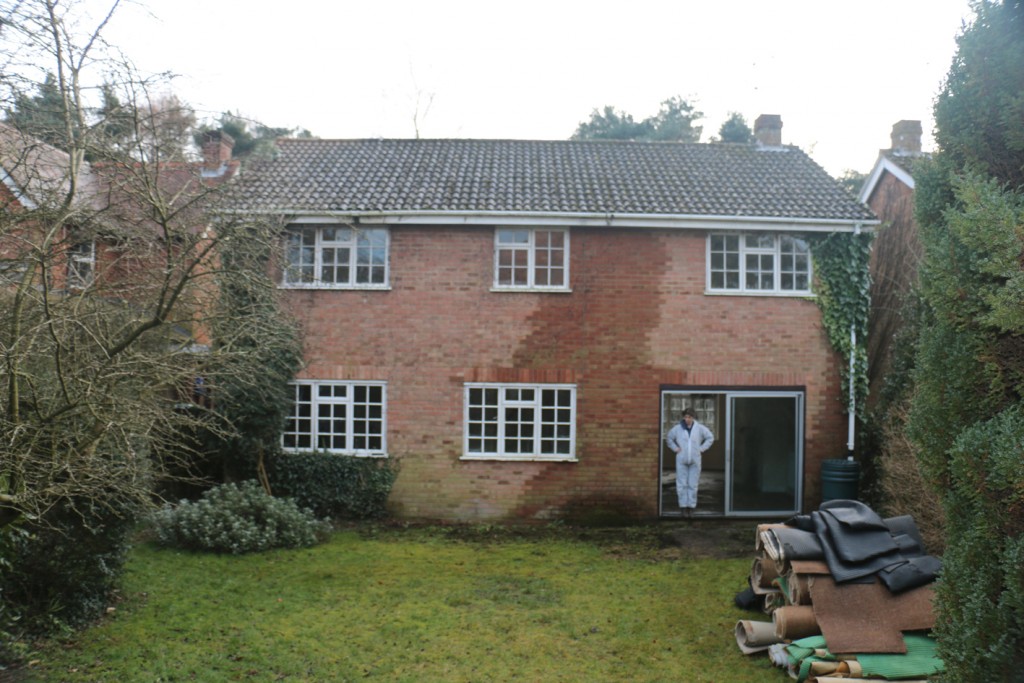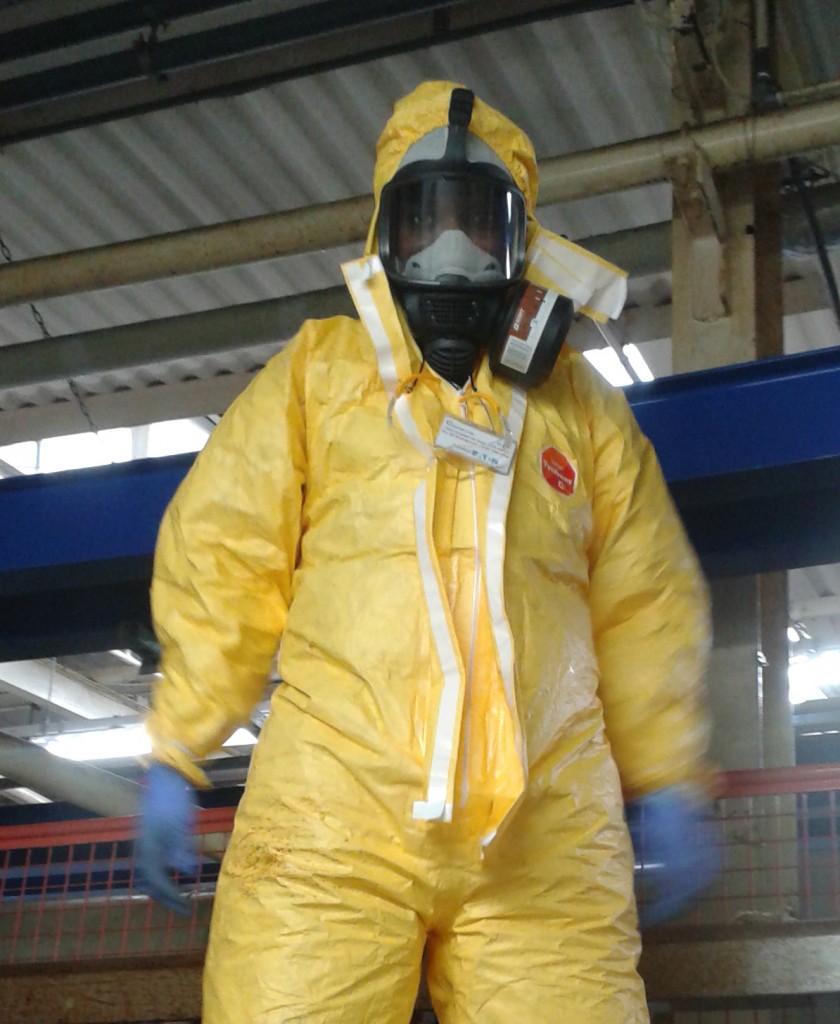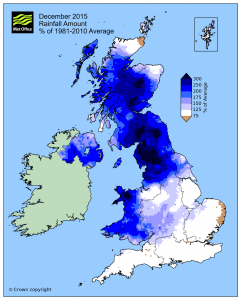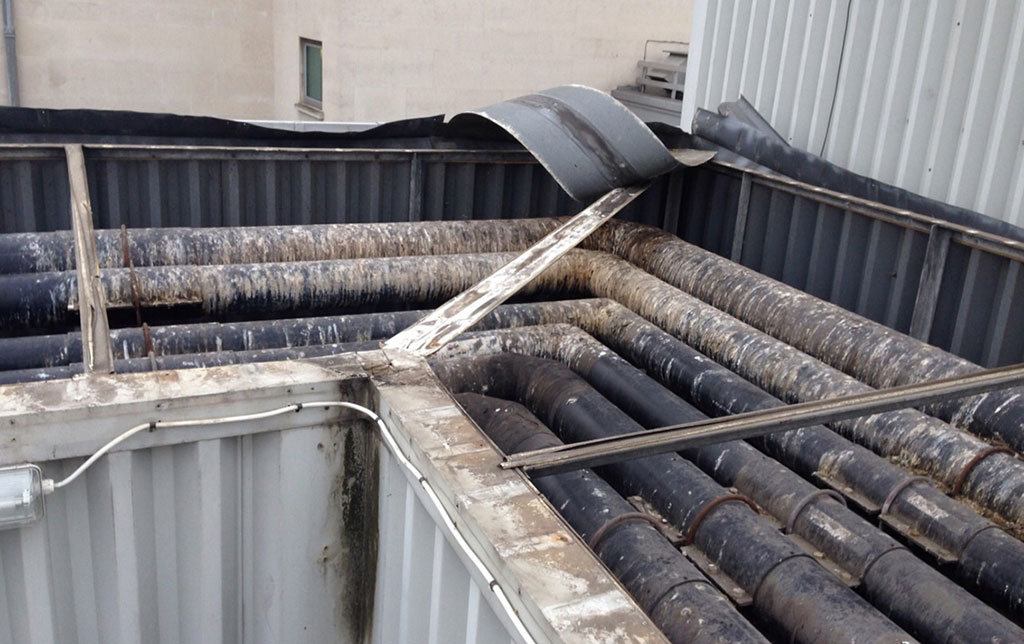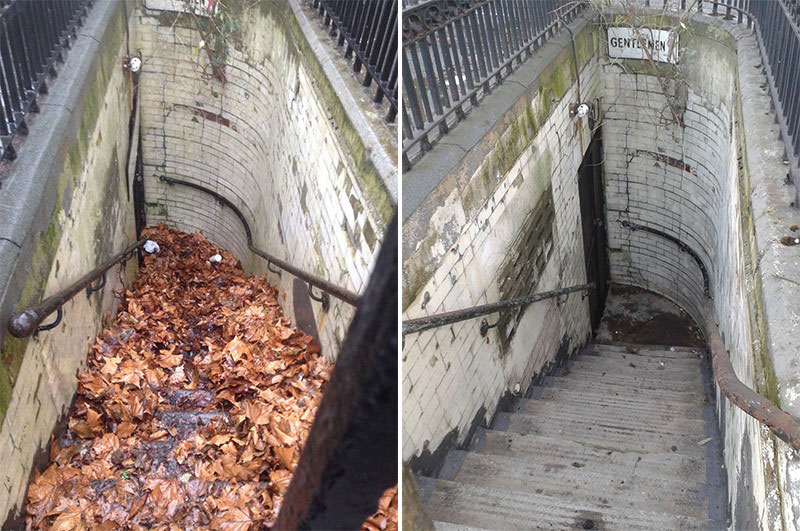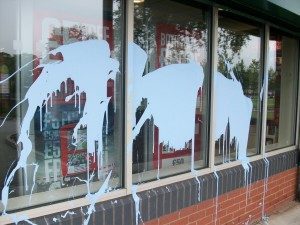Food waste is now a major issue in the UK for the food and agriculture industries and the general public. So, what is happening to tackle the issue? Deborah Kendale, of the AgriFood Training Partnership (AFTP) spills, then recycles, the beans.
The figures behind food waste can make the mind boggle. Figures compiled by the resource efficiency agency WRAP estimate annual food waste in the UK to be 10 million tonnes, of which 60% can be avoided (or for every two tonnes of food consumed, another one is wasted).
By weight, household food waste makes up 70% of the UK post-farm-gate total, manufacturing 17%, hospitality and food service 9%, and retail 2%.
In addition, 710,000 tonnes of surplus food from factories and shops is being redistributed through charitable or commercial channels, says WRAP, while around 660,000 tonnes are diverted to animal feed. Further animal by-products, totalling 4.2 million tonnes also goes to animal feed or rendering plants.
Concern about this waste, in terms of cost and unnecessary greenhouse gases generated, has been growing for some years. This has led the Waste and Resources Action Programme (WRAP) to set up the Courtauld Commitment. Many businesses in the food and hospitality sectors have pledged to reduce food waste and greenhouse gases by 20% in 10 years from 2015 -2025.
This will involve many new initiatives based primarily around the 3 Rs – reducing, reusing, and recycling – the food products we do not want to, or do not get the chance to, put in our mouths.
Wasting less at home
WRAP’s figures indicate that it is we consumers who are the most wasteful users of food. Of all the major retailers, perhaps Sainsbury’s has been the most proactive in this field.
It set up a pilot study in Swadlincote, Derbyshire, to try to get the local community to reduce food waste by 50%. It only managed 9%. But it has still decided to roll out the initiative across the UK, under the banner Waste Less, Save More.
The retailer has taken a comprehensive approach, indicating that food waste is a problem that requires lots of solutions. They include changes to food packaging, better advice to customers, and a school education programme.
Co-product development
The best way to define a co-product is to give an example: Marmite. The yeast it is made from is a by-product of brewing. Developing co-products has been around for years, but will gather pace in the coming years, not least because of the advances in science typified by the researchers we have access to through the AFTP.
An example from Italy (not connected with us, I should say) is the development of a new biodegradable packaging material, called Packtin, made from food by-products, such as orange peel, beetroot pulp, and apple peel.
Increasingly, I would expect food producers, perhaps encouraged by retailers, to turn to science to find novel ways to add the greatest value to food waste, which currently is either incinerated for energy or is turned into animal feed.
Nose to tail – waste avoidance
Inspired by the likes of TV chef Hugh Fearnley-Whittingstall, restaurants and food retailers – mostly of the specialist variety – are popping up all over the UK promoting nose to tail dining.
They are seeking to persuade us that cuts of meat, and other bits of beasts we might usually turn our noses up at, are perfectly edible and indeed palatable
This is likely to remain a niche driver of change for some time, but the ideas of these foodie pioneers are likely to become more popular. Who knows what we will be happy to have on our plates 20 years from now?
Zero waste
If we are going to reduce waste food, why not get it down to zero? Based on the nose to tail principle, new restaurants and food stores are opening, promising to waste none of the food they buy.
On a grander scale, Vision 2020 is a campaign, supported by WRAP and other key organisations in the food and hospitality industry, to achieve zero food waste to landfill by 2020. Vision 2020 says achieving the target will save the hospitality industry £450m a year.
Packaging a problem
A growing realisation is that it is not just about food waste, it is the packaging it is delivered in – and most importantly, the plastic packaging.
At least food is biodegradable. Much of the plastic used by the food industry is not, and much of it is not even recyclable, with public concern about plastic pollution rising sharply.
That means managing food waste will become closely linked to the future use of food packaging, as regulators are likely to respond to public demands for greater controls to prevent plastics entering the environment.
A pioneer in this area is the retailer Iceland which has pledged to remove all plastic from its own label packaging by 2023. The company admits on its website that there will be challenges ahead but customers value the company upholding their green ethics and principles.
This initiative and others will require our scientists to work closely with the agrifood industry to supply some of the solutions.
Future food waste management
I am not a food waste expert, but these issues point to some interesting trends. Food producers, retailers and the hospitality industry are likely to continue along a path that sees food by-products as being not waste at all, but a valuable commodity.
Bulk food ‘waste’ could become a thing of the past. By-products will need to be transported, possibly in specified conditions, between new users in modified supply chains.
Current food waste disposal companies may need to become more agile, and better able to support the different needs of these new food product user businesses.
Zero waste-restaurants
Brighton
Silo is an industrial-chic zero-waste restaurant. They operate a nose-to-tail philosophy and their aerobic digester (to create compost) is shared with their neighbours to reduce food waste in the community.
Bristol
Top eco chef Tom Hunt’s Poco restaurant operates to strict sustainability standards, with 95 to 100% of their waste being composted and recycled.
London
Tiny Leaf is the capital’s only organic, zero waste, vegetarian restaurant whose menu is constructed from surplus stock supplied by local food suppliers and supermarkets.

